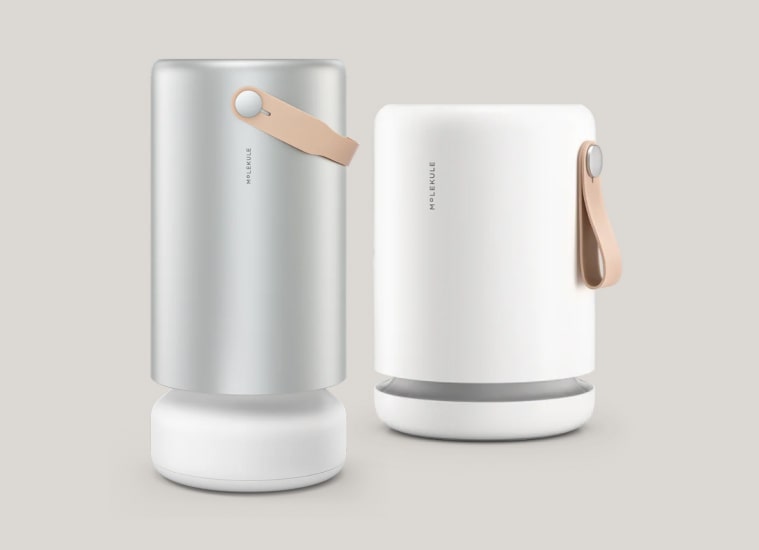New Year, New Allergy Management: Resolutions for Better Health

The new year is the perfect time to reflect on your health and make resolutions that can improve your overall well-being. For those living with allergies, it’s an opportunity to commit to better allergy management and take control of your symptoms. Whether it’s adjusting your treatment plan, adopting healthier habits, or exploring new treatment options, managing allergies more effectively in the new year can make a significant difference in your quality of life. In this blog post, we’ll explore allergy management resolutions you can make this year to breathe easier and feel better.
1. Review and Update Your Allergy Action Plan
The start of a new year is an excellent time to review your allergy action plan with your healthcare provider. If you don’t already have one, creating a comprehensive plan should be a top priority. Your action plan should outline:
Specific allergens: Identify and document the allergens that trigger your symptoms, including environmental allergens like pollen, dust mites, and pet dander, as well as food allergens.
Symptom management: Understand how to manage your symptoms with prescribed medications or emergency interventions, such as using an epinephrine auto-injector for severe reactions.
Treatment adjustments: Make sure your medications or treatments are still effective, and discuss any potential adjustments with your doctor.
Regularly reviewing and updating your action plan will help ensure that you’re always prepared for allergy flare-ups.
2. Commit to Regular Allergy Testing
Allergens can change over time, and new sensitivities may develop. Regular allergy testing helps you stay informed about your triggers and allows you to adjust your management strategies accordingly. Allergy testing can include:
Skin prick tests: These tests can identify environmental allergens, such as pollen, mold, or pet dander.
Food allergy tests: Skin or blood tests can pinpoint specific food allergies that may affect your daily life.
Patch tests: These tests identify allergens that cause skin reactions, such as contact dermatitis.
Schedule an appointment with your allergist by calling 805-658-9500 for allergy testing and make it a resolution to stay proactive in managing your allergy symptoms.
3. Explore New Allergy Treatments
As the year unfolds, consider exploring new treatments or therapies that may be more effective in managing your allergies. For example:
Immunotherapy (Allergy Shots): Immunotherapy is a long-term treatment that helps desensitize your immune system to allergens. Allergy shots gradually introduce small amounts of allergens, building your tolerance over time.
Sublingual Immunotherapy (SLIT): This involves placing a tablet with allergens under the tongue and is an option for those with allergies to specific pollen, like ragweed or grass.
Biologic Medications: For individuals with more severe allergic asthma or chronic conditions like hives or eczema, biologics like XOLAIR or DUPIXENT can offer relief by targeting specific immune responses.
Consult with your allergist to discuss whether these options might be right for you and set a goal to explore more effective treatments in the new year.
4. Maintain a Healthy Lifestyle to Support Your Allergies
A healthy lifestyle is a cornerstone of managing allergies. Certain lifestyle changes can reduce the severity of symptoms and improve your overall well-being:
Exercise regularly: Physical activity helps to boost your immune system, regulate inflammation, and improve overall health. Be sure to exercise indoors on days with high pollen counts to avoid triggering symptoms.
Eat a balanced diet: A nutrient-rich diet, including antioxidants, can help support your immune system and reduce inflammation. If you have food allergies, work with your allergist or dietitian to manage your diet safely.
Get enough sleep: Poor sleep can make allergy symptoms worse. Prioritize good sleep hygiene to reduce stress and support your body’s immune response.
5. Create an Allergy-Free Home Environment
As part of your New Year’s resolution, commit to making your home a haven for allergy relief. Some practical steps include:
Cleaning frequently: Regular cleaning, including vacuuming with a HEPA filter, washing bedding in hot water, and dusting surfaces, can reduce common allergens like dust mites and pet dander.
Using air purifiers: Consider investing in HEPA air purifiers for your bedroom and common areas to reduce airborne allergens.
Managing humidity: Keep your home’s humidity levels in check to prevent mold growth, which can be a significant trigger for many allergy sufferers.
New Year, New You – Take Control of Your Allergies
This new year, make a commitment to better allergy management and take the necessary steps to improve your health. By reviewing your action plan, exploring new treatments, and making lifestyle adjustments, you can breathe easier and enjoy life without the constant struggle of allergy symptoms. If you’re ready to start your allergy management journey or need expert guidance, contact Allergy, Asthma, and Immunology Medical Group at 805-658-9500. Our team of specialists is here to help you navigate your allergies and find the most effective solutions for your health.




